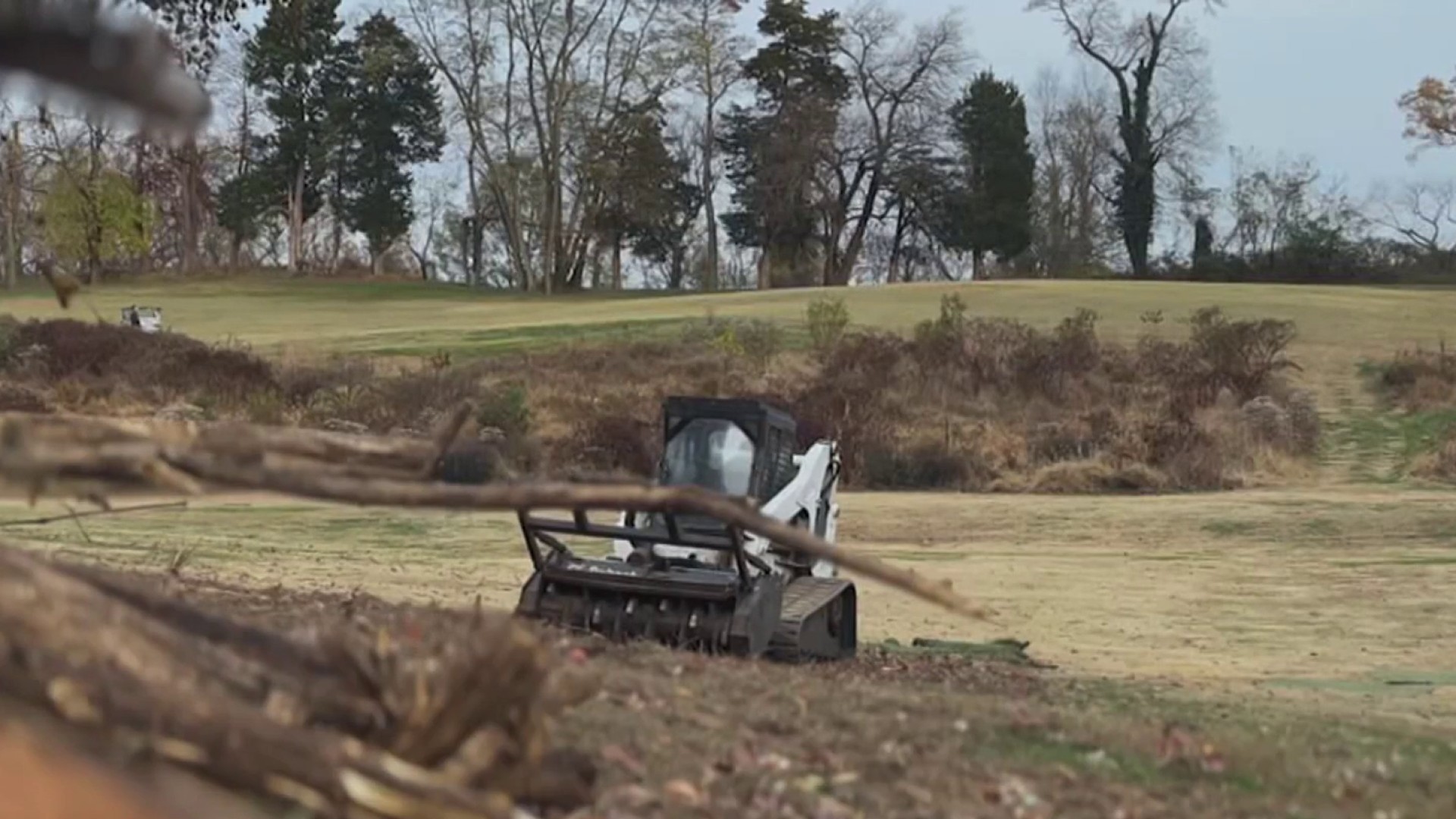A Virginia traffic law has been called into question -- no thanks to protest groups or political campaigns. Instead, it's been brought down by a missing preposition.
The law has to do with school buses, and the mistake was spotted by the sharp eye of Fairfax attorney Eric Clingan.
Clingan was defending Woodbridge resident John Mendez, who was charged with reckless driving for passing a school bus in Springfield back in June. If convicted, Mendez could have faced a one-year jail sentence and a loss of his driving privileges for six months.
Clingan hit the books to take a close look at the state's reckless driving law, which was rewritten in 1970. He noticed a crucial flaw in the text:
"A person is guilty of reckless driving who fails to stop, when approaching from any direction, any school bus which is stopped on any highway, private, road, or school driveway [...]"
Did you catch it? To be correct, the law should say:
"A person is guilty of reckless driving who fails to stop, when approaching from any direction, at any school bus which is stopped on any highway, private road, or school driveway [...]."
Local
Washington, D.C., Maryland and Virginia local news, events and information
So as it's currently written, the law doesn't make it illegal to pass a stopped school bus. It only makes it illegal for drivers not to stop the bus itself.
For verification of his suspicions, Clingan consulted George Mason Universtiy English Professor E. Shelley Reid, who suggested the word "for" was missing in the law. Either way, Prof. Reid confirmed that the sentence was written incorrectly to convey the intended meaning.
"I expect that most people would read the sentence and assume the intended meaning of stopping *for* a bus," Reid wrote in an e-mail to Clingan. "Technically, however, the first half of the sentence does not directly require that drivers bring their vehicles to a halt, even though the second half of the sentence requires them to remain stopped."
Clingan pointed out the grammatical error in the law in Fairfax County Circuit Court last Thursday, and Judge Marcus Williams agreed the sentence was wrongly worded. The law, as a result, was nullified.
For his part, Mendez admitted to passing the school bus. Clingan doesn't dispute the safety hazard caused by his client's actions, either.
"My point wasn't in any way to expose children to danger on the streets," Clingan told NBC Washington's Julie Carey on Tuesday. "My point was to expose Virginians to what happens when you don't pay close attention to what lawmakers are doing. For 40 years, people have been ticketed wrongly. And who knows what's the next law that may have a similar error?"
The Virginia legislature is expected to fix the error during the next session.
Fan, Follow and Text: Get the latest from NBCWashington.com anytime, anywhere. Follow us on Twitter and Facebook. Sign up for our e-mail newsletters and get breaking news delivered right to your mobile phone -- just text DCBREAKING to 622339 to sign up. (Message and data rates may apply.)



